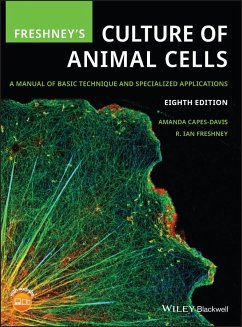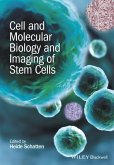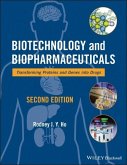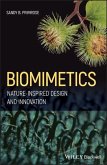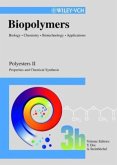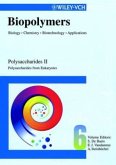FRESHNEY'S CULTURE OF ANIMAL CELLS
THE NEW EDITION OF THE LEADING TEXT ON THE BASIC METHODOLOGY OF CELL CULTURE, FULLY UPDATED TO REFLECT NEW APPLICATIONS INCLUDING IPSCS, CRISPR, AND ORGAN-ON-CHIP TECHNOLOGIES
Freshney's Culture of Animal Cells is the most comprehensive and up-to-date resource on the principles, techniques, equipment, and applications in the field of cell and tissue culture. Explaining both how to do tissue culture and why a technique is done in a particular way, this classic text covers the biology of cultured cells, how to select media and substrates, regulatory requirements, laboratory protocols, aseptic technique, experimental manipulation of animal cells, and much more.
The eighth edition contains extensively revised material that reflects the latest techniques and emerging applications in cell culture, such as the use of CRISPR/Cas9 for gene editing and the adoption of chemically defined conditions for stem cell culture. A brand-newchapter examines the origin and evolution of cell lines, joined by a dedicated chapter on irreproducible research, its causes, and the importance of reproducibility and good cell culture practice. Throughout the book, updated chapters and protocols cover topics including live-cell imaging, 3D culture, scale-up and automation, microfluidics, high-throughput screening, and toxicity testing. This landmark text:
_ Provides comprehensive single-volume coverage of basic skills and protocols, specialized techniques and applications, and new and emerging developments in the field
_ Covers every essential area of animal cell culture, including lab design, disaster and contingency planning, safety, bioethics, media preparation, primary culture, mycoplasma and authentication testing, cell line characterization and cryopreservation, training, and troubleshooting
_ Features a wealth of new content including protocols for gene delivery, iPSC generation and culture, and tumor spheroid formation
_ Includes an updated and expanded companion website containing figures, artwork, and supplementary protocols to download and print
The eighth edition of Freshney's Culture of Animal Cells is an indispensable volume for anyone involved in the field, including undergraduate and graduate students, clinical and biopharmaceutical researchers, bioengineers, academic research scientists, and managers, technicians, and trainees working in cell biology, molecular biology, and genetics laboratories.
Hinweis: Dieser Artikel kann nur an eine deutsche Lieferadresse ausgeliefert werden.
THE NEW EDITION OF THE LEADING TEXT ON THE BASIC METHODOLOGY OF CELL CULTURE, FULLY UPDATED TO REFLECT NEW APPLICATIONS INCLUDING IPSCS, CRISPR, AND ORGAN-ON-CHIP TECHNOLOGIES
Freshney's Culture of Animal Cells is the most comprehensive and up-to-date resource on the principles, techniques, equipment, and applications in the field of cell and tissue culture. Explaining both how to do tissue culture and why a technique is done in a particular way, this classic text covers the biology of cultured cells, how to select media and substrates, regulatory requirements, laboratory protocols, aseptic technique, experimental manipulation of animal cells, and much more.
The eighth edition contains extensively revised material that reflects the latest techniques and emerging applications in cell culture, such as the use of CRISPR/Cas9 for gene editing and the adoption of chemically defined conditions for stem cell culture. A brand-newchapter examines the origin and evolution of cell lines, joined by a dedicated chapter on irreproducible research, its causes, and the importance of reproducibility and good cell culture practice. Throughout the book, updated chapters and protocols cover topics including live-cell imaging, 3D culture, scale-up and automation, microfluidics, high-throughput screening, and toxicity testing. This landmark text:
_ Provides comprehensive single-volume coverage of basic skills and protocols, specialized techniques and applications, and new and emerging developments in the field
_ Covers every essential area of animal cell culture, including lab design, disaster and contingency planning, safety, bioethics, media preparation, primary culture, mycoplasma and authentication testing, cell line characterization and cryopreservation, training, and troubleshooting
_ Features a wealth of new content including protocols for gene delivery, iPSC generation and culture, and tumor spheroid formation
_ Includes an updated and expanded companion website containing figures, artwork, and supplementary protocols to download and print
The eighth edition of Freshney's Culture of Animal Cells is an indispensable volume for anyone involved in the field, including undergraduate and graduate students, clinical and biopharmaceutical researchers, bioengineers, academic research scientists, and managers, technicians, and trainees working in cell biology, molecular biology, and genetics laboratories.
Hinweis: Dieser Artikel kann nur an eine deutsche Lieferadresse ausgeliefert werden.

